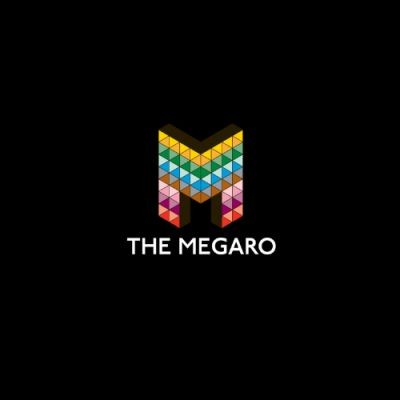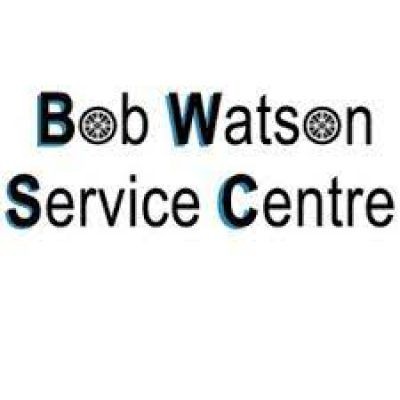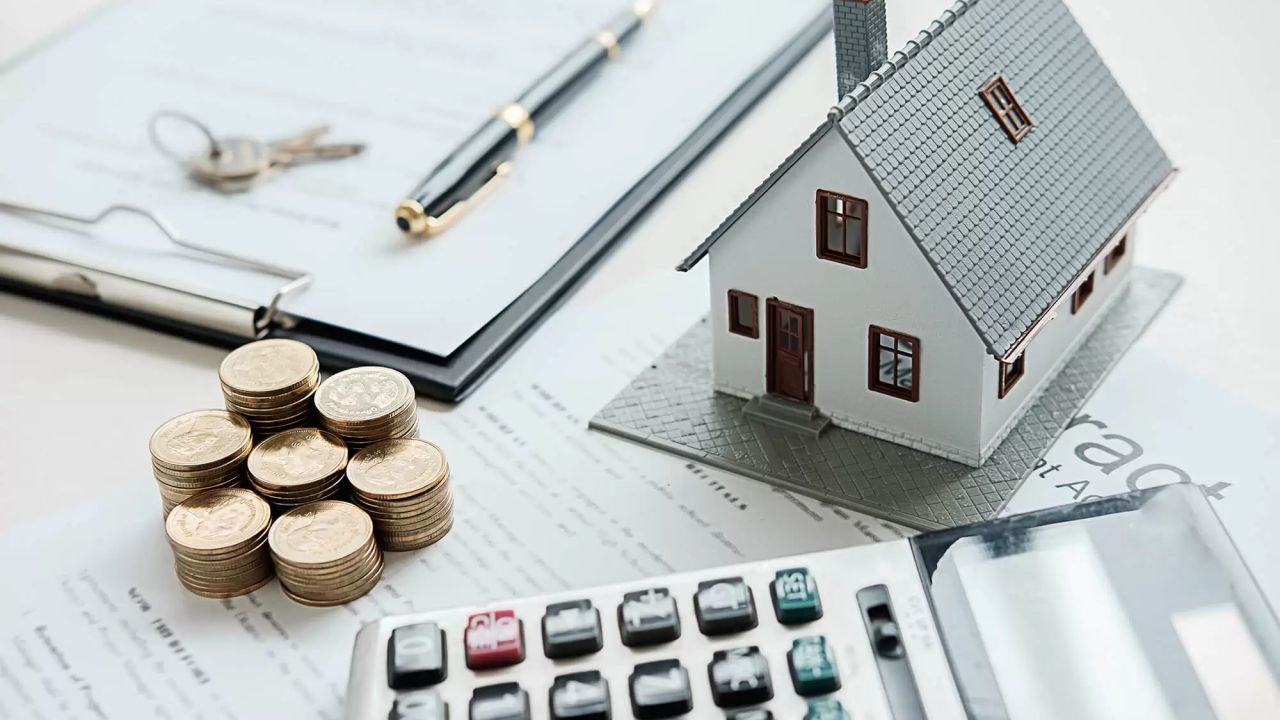In the world of fitness, the scale has long been regarded as the ultimate arbiter of success. Many individuals, particularly in Australia’s aged care sector, obsess over numbers, often using them as the sole measure of health and wellness. However, as the understanding of fitness evolves, it's crucial to ask if these numbers truly reflect one’s overall health. In this article, we delve into the limitations of the scale and explore the real indicators of fitness success beyond mere weight, providing insights tailored for aged care specialists in Australia.
The Limitations of the Scale
While scales provide a quick numerical snapshot of body weight, they often overlook crucial aspects of fitness. Weight can fluctuate based on various factors, including hydration levels, muscle gain, and even the time of day. More importantly, the scale fails to account for body composition—specifically the ratio of fat to muscle. For aged care specialists, understanding these nuances is vital, as muscle mass and bone density are critical components of elderly health.
Why Weight Alone Is Misleading
A study by the Australian Bureau of Statistics (ABS) highlights that approximately 30% of Australians over 65 are classified as obese based on Body Mass Index (BMI) alone. However, BMI does not differentiate between muscle and fat. For instance, two individuals of the same weight can have vastly different health outcomes if one has higher muscle mass. This metric can be particularly misleading in aged care, where maintaining muscle mass is crucial for mobility and independence.
Alternative Metrics for Fitness Success
Understanding fitness goes beyond weight. Here are several alternative metrics that provide a more comprehensive view of health:
- Body Composition: Measuring body fat percentage and muscle mass offers a clearer picture of health. Tools like bioelectrical impedance analysis or DEXA scans can provide these insights.
- Functional Fitness: This refers to the ability to perform everyday activities with ease. For the elderly, maintaining strength and flexibility to carry out daily tasks is a true measure of fitness success.
- Cardiovascular Health: Indicators such as resting heart rate and VO2 max are critical in assessing heart health, which is particularly important for older adults.
- Flexibility and Balance: These are essential for preventing falls, a significant concern in aged care.
Real-World Case Study: Shifting the Focus in Aged Care
Case Study: Southern Cross Care – Integrating Holistic Fitness Metrics
Problem:
Southern Cross Care, a leading aged care provider in Australia, noticed that residents focused primarily on weight, neglecting other health metrics. This often led to frustration and demotivation, particularly among those who gained muscle but saw little change on the scale.
Action:
In response, Southern Cross Care implemented a comprehensive fitness program emphasizing body composition, strength, and cardiovascular health. They incorporated regular functional fitness tests and provided personalized fitness plans based on these metrics.
Result:
After six months, residents showed a marked improvement in mobility and strength. Functional fitness scores increased by 30%, and there was a noticeable reduction in fall-related incidents by 25%.
Takeaway:
This case study illustrates the importance of integrating holistic fitness assessments in aged care, ensuring residents maintain functional independence and overall well-being.
Pros and Cons of Ditching the Scale
Pros:
- Improved Mental Health: Reducing focus on the scale can alleviate stress and anxiety, particularly important in promoting mental well-being among the elderly.
- Encourages a Holistic Approach: By focusing on multiple aspects of health, individuals are likely to adopt more comprehensive fitness and wellness routines.
- Better Long-Term Results: Emphasizing functional fitness and overall health leads to sustainable lifestyle changes.
Cons:
- Loss of a Simple Metric: The scale provides a quick and easy way to track changes, which some may find motivating.
- Requires More Resources: Implementing alternative metrics like body composition analysis may require additional tools and expertise.
- Initial Resistance: Some individuals may resist changing their approach, particularly if they have relied on the scale for years.
Debunking Common Myths
- Myth: "Muscle weighs more than fat."
- Reality: One pound of muscle and one pound of fat weigh the same; muscle is denser, taking up less space.
- Myth: "Losing weight is always healthy."
- Reality: Rapid weight loss can lead to muscle loss, affecting strength and independence, especially in older adults.
- Myth: "The scale is the best indicator of progress."
- Reality: Metrics like improved strength, endurance, and mobility are more indicative of true health improvements.
Future Trends in Fitness Measurement
The future of fitness measurement is moving towards a more integrated approach. According to a report by Deloitte, the global market for fitness technology is expected to grow by 25% annually, with an increasing focus on devices that measure holistic health indicators. In Australia, aged care facilities are likely to adopt more of these technologies, driven by government health funding and the growing awareness of comprehensive health metrics.
Conclusion
The journey to fitness success involves much more than a number on the scale, particularly in the context of aged care in Australia. By embracing a multifaceted approach to health and fitness, aged care specialists can better support the well-being of their residents. The shift towards holistic health metrics not only enhances physical health but also improves mental and emotional well-being, paving the way for more fulfilling and independent lives.
Incorporating these insights, aged care providers can ensure that their fitness programs are truly effective, comprehensive, and aligned with the evolving understanding of health. By doing so, they contribute not only to the physical health of individuals but also to their overall quality of life.
People Also Ask
- How does ditching the scale impact aged care in Australia? Adopting holistic fitness metrics improves functional health in aged care, enhancing mobility and reducing fall risks.
- What are the most reliable fitness metrics for the elderly? Body composition, functional fitness, cardiovascular health, and balance are crucial metrics for assessing elderly fitness.
- How can aged care facilities implement these changes? Facilities should incorporate regular functional assessments and personalized wellness programs focused on comprehensive health indicators.
Related Search Queries
- alternative fitness measures for elderly
- holistic health metrics in aged care
- importance of body composition in fitness
- functional fitness benefits for seniors
- Australian fitness technology trends









































cigarclothing
1 month ago